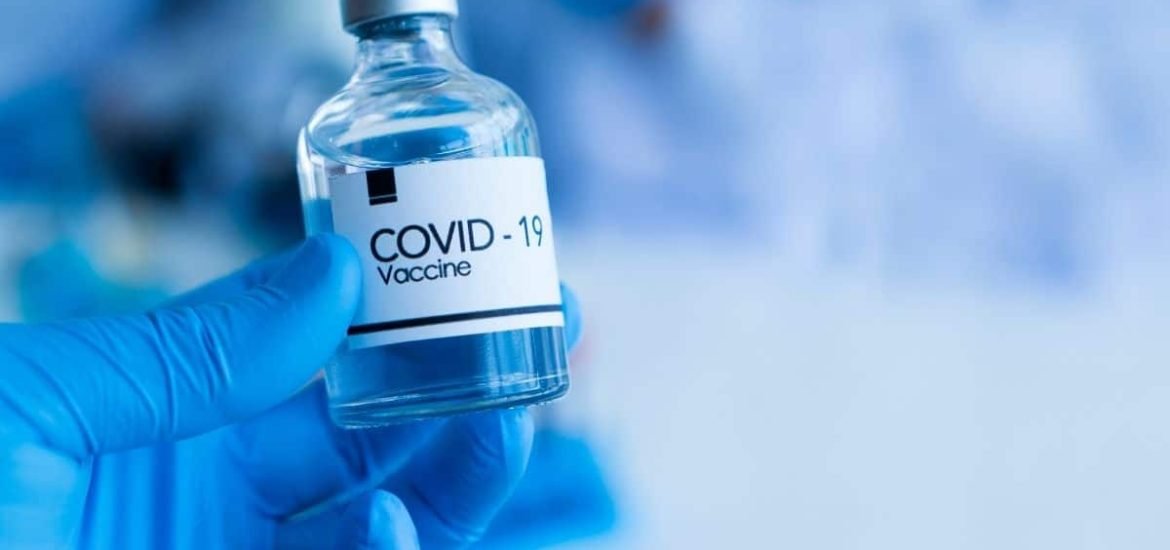
Over the past week, there has been a string of positive COVID-19 vaccine trial results. First, Pfizer and BioNTech announced compelling early results from their phase 3 trial. Just two days later, Russian developers released phase III results of their controversial Sputnik V vaccine, citing 92 per cent efficacy. The Pfizer-BioNTech also reported greater than 90 per cent efficacy on the basis of 94 cases, whereas the Sputnik V vaccine data is based on just 20 recorded COVID-19 cases.
The third positive result this week came from Moderna. In a press release on 16 November, the company said its vaccine – which uses the same technology as the Pfizer-BioNTech vaccine – is also highly protective against the coronavirus SARS-Cov-2, according to a preliminary analysis of its ongoing phase 3 trial conducted by an independent data-safety committee. The vaccine is more than to 94 per cent effective on the basis of 95 cases.
“We need to see the peer-reviewed data, but by any standards, this looks like more very good news,” Prof Daniel Altmann, an immunologist at Imperial College London, told Nature.
Moderna presented additional evidence from its trial suggesting that its COVID-19 vaccine protects against severe cases of COVID-19. This information was not given in the Pfizer/BioNTech or Sputnik V press releases. The US Food and Drug Administration (FDA) has stated that efficacy trials should include at least five severe cases in the placebo group for a vaccine to be granted approval.
No vaccine has ever been produced this quickly and scientists are treating the results with cautious optimism. Questions still remain including how much protection does the vaccines offer, to whom, and for how long?
Without large-scale data, there is also the possibility of adverse effects in individual cases. Many argue the dangers associated with COVID-19 justify accepting a higher level of risk. But how safe is safe enough?
Efficacies of the coronavirus vaccines are certainly higher than scientists expected. Once the trials are complete, the vaccine efficacy might be slightly lower. But probably not by much, says Prof Stephen Evans, a statistical epidemiologist at the London School of Hygiene & Tropical Medicine, told Nature.
In the next few days, Pfizer will file for an emergency use authorization from the FDA for its Covid-19 vaccine, and Moderna is likely to quickly follow suit in the coming weeks. Companies have been working on mRNA vaccines for a number of pathogens for several years, but if approved, the Pfizer and Moderna vaccines will be the first licensed vaccines to use this approach.
One advantage of the Moderna vaccine is that, unlike the Pfizer-BioNTech version, it remains stable in a conventional refrigerator for around one month and in an ordinary freezer for six months. The Pfizer-BioNTech vaccine must be stored at -70 degrees Celcius, presenting obvious logistical problems.
Another important question will be who receives the vaccines first? If everything goes well, 20 million doses of the Pfizer-BioNTech vaccine might be available before the end of the year and up to 1.3 billion doses next year, the companies have said.